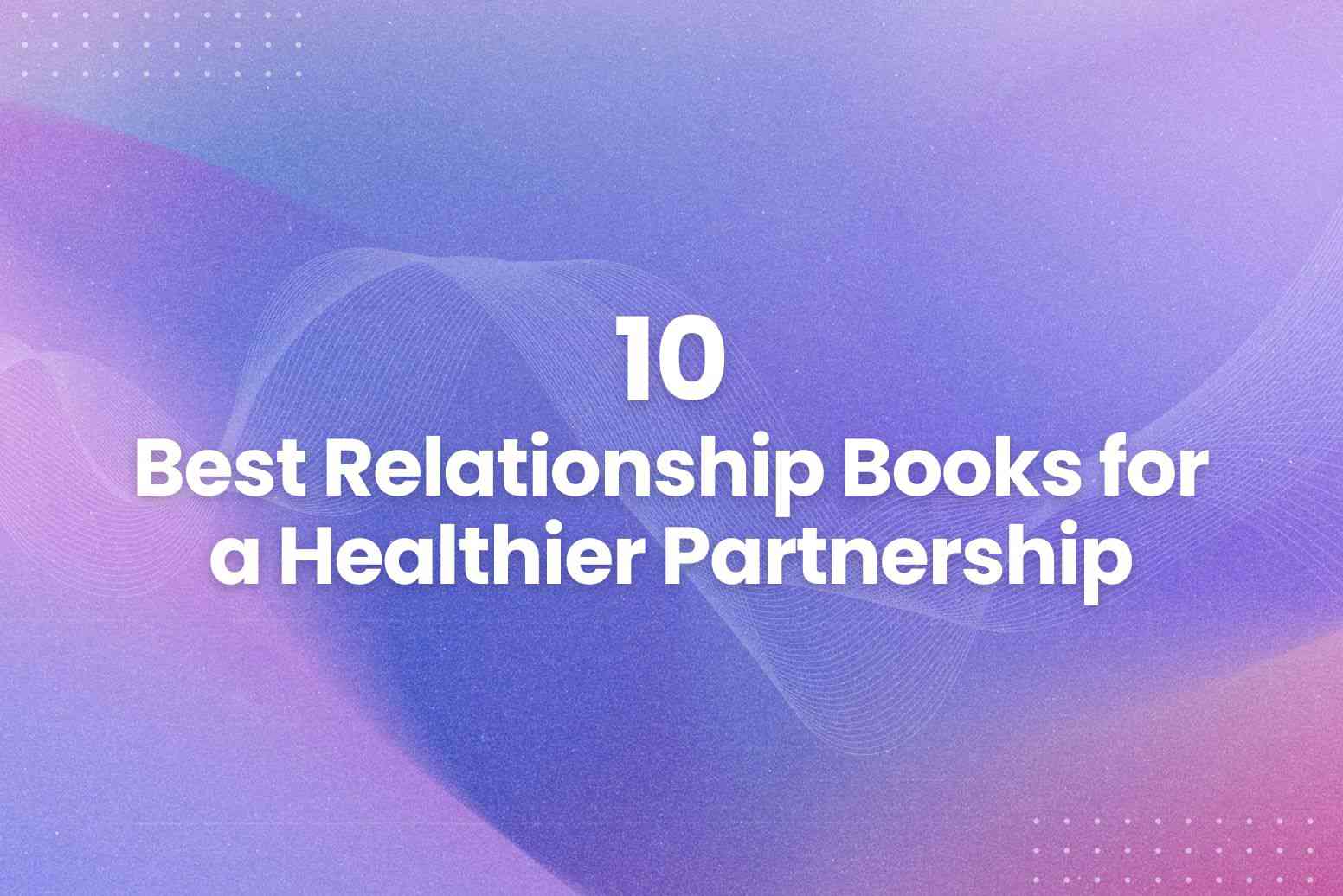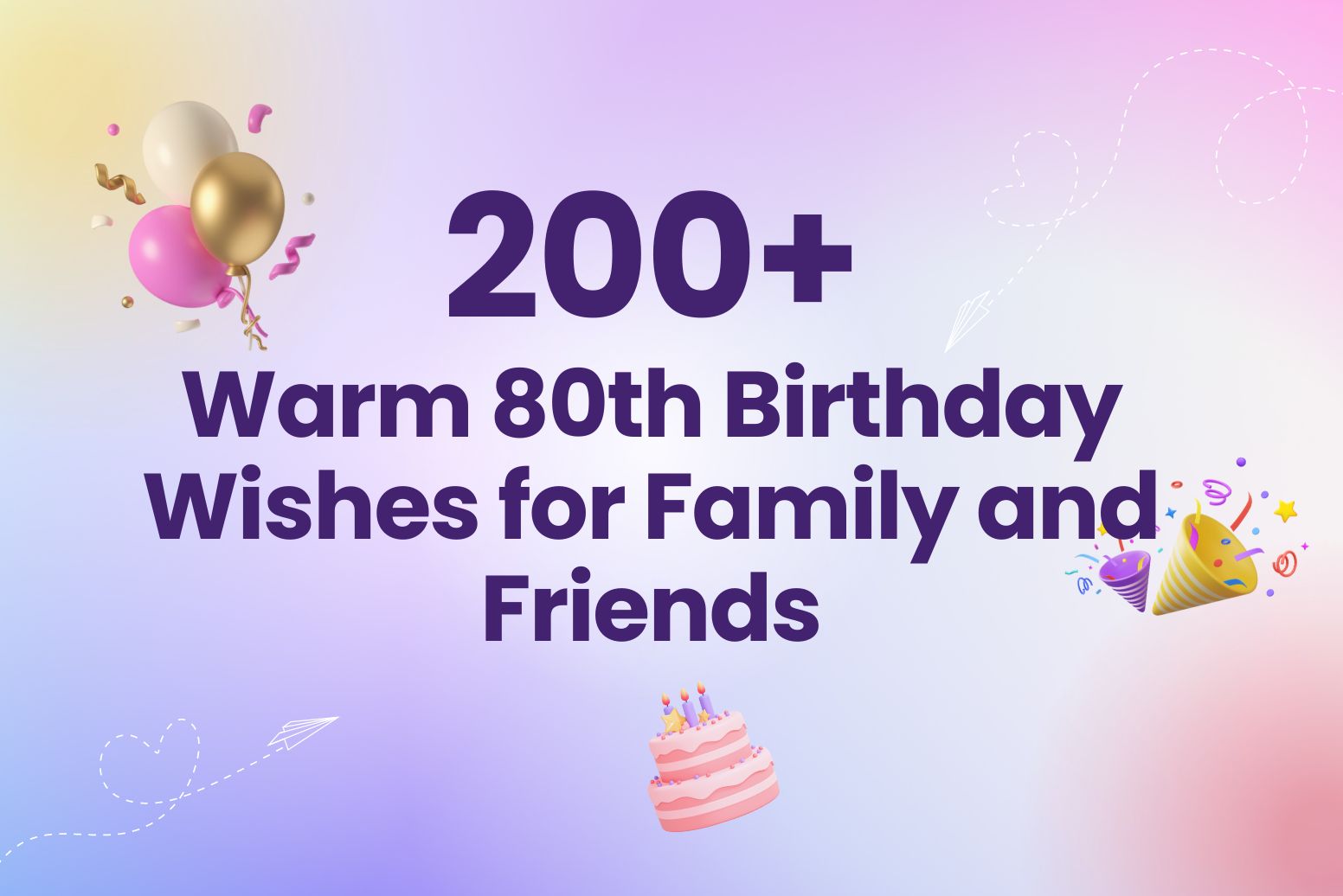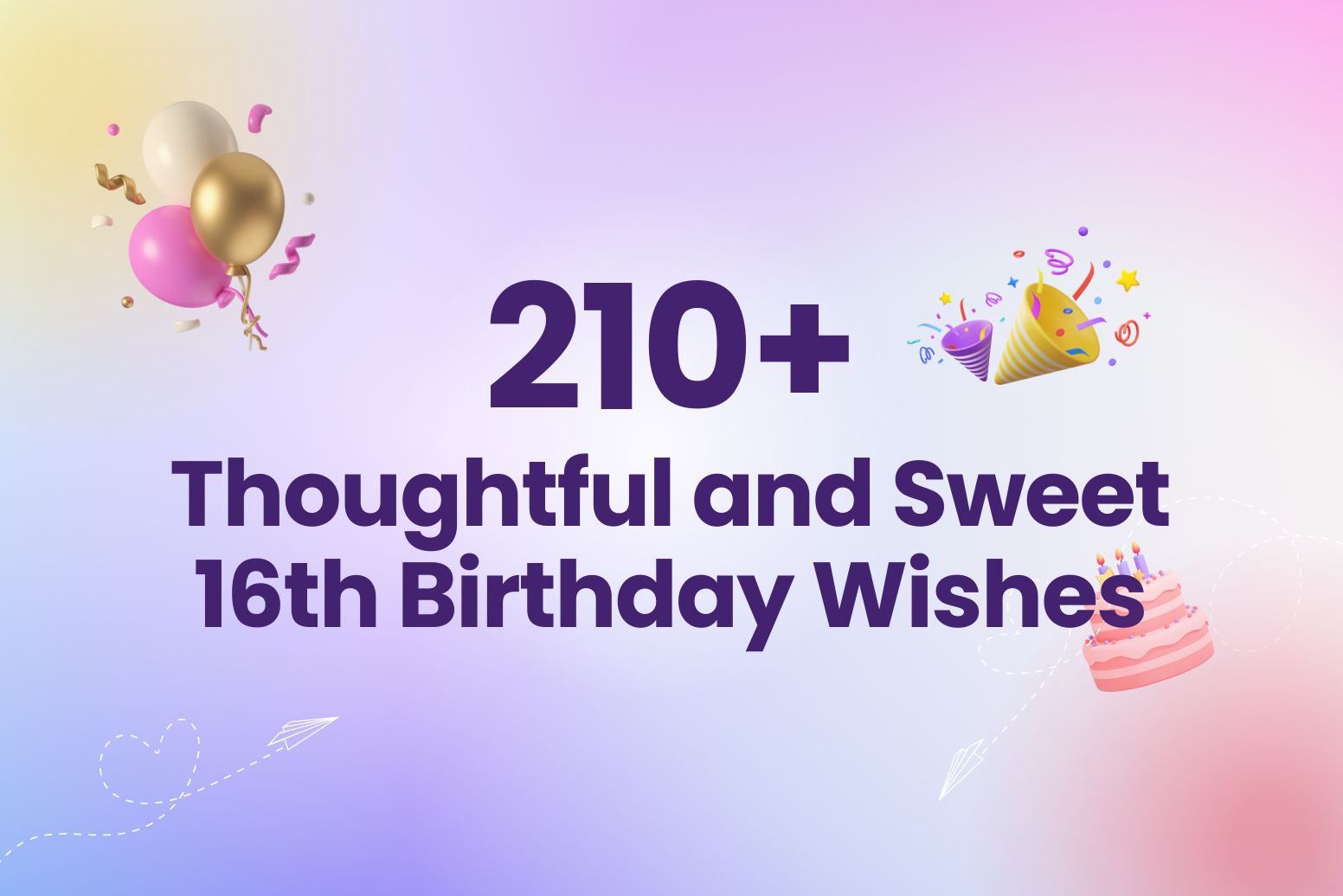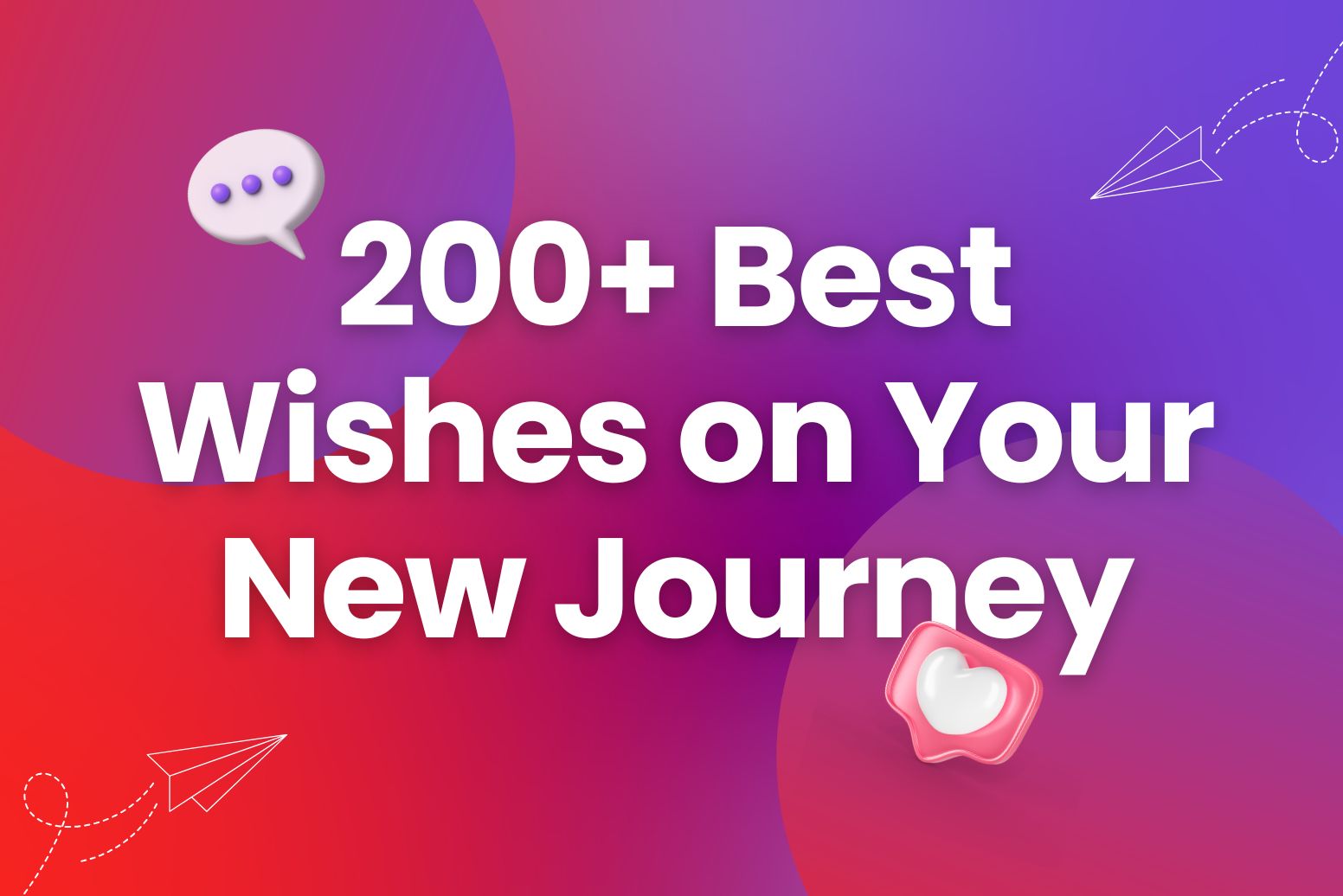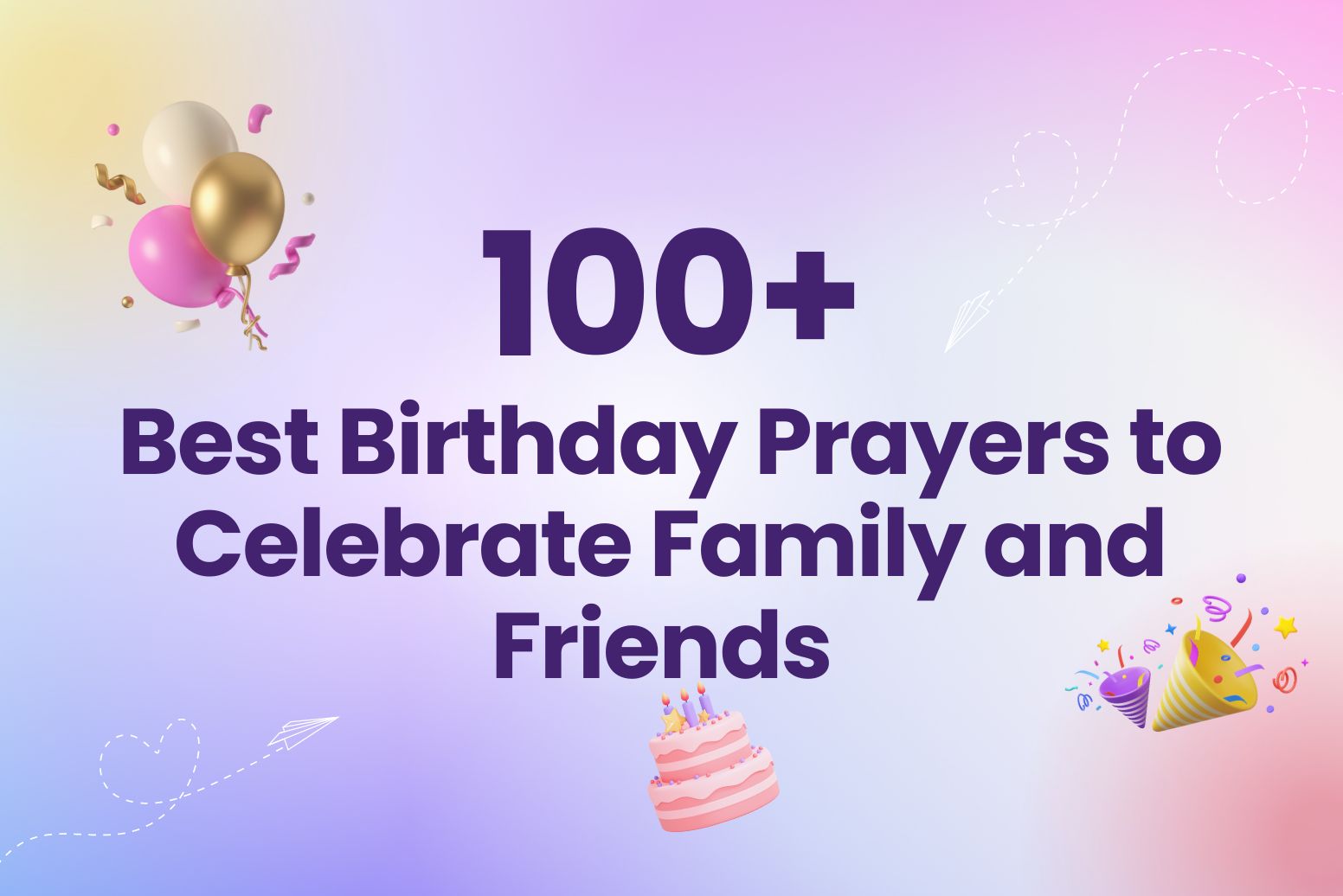Relationship books are a popular self-help genre that most people are discovering. Many people’s reading lists are currently dominated by books on attachment patterns and love languages. Relationships are crucial to our identity and how we behave as humans. Reading the best relationship books is simple and accessible to most individuals. Relationships, whether romantic, familial, or professional, occasionally require assistance to thrive. Our collection of the best relationship books include works on communication and connection, relationship guidance, and couple self-help. Find the greatest relation books and improve your long-term partnerships.
Arvin is your artificial intelligence assistant that is free for you. Arvin provides you with recommendations, book summaries, and insights about books. Whether you’re looking for advice on improving communication, understanding attachment styles, or finding ways to strengthen your connection with your partner, Arvin can help you find the best relationship books.
Read also: 15 Best Inspirational Books to Transform Your Life
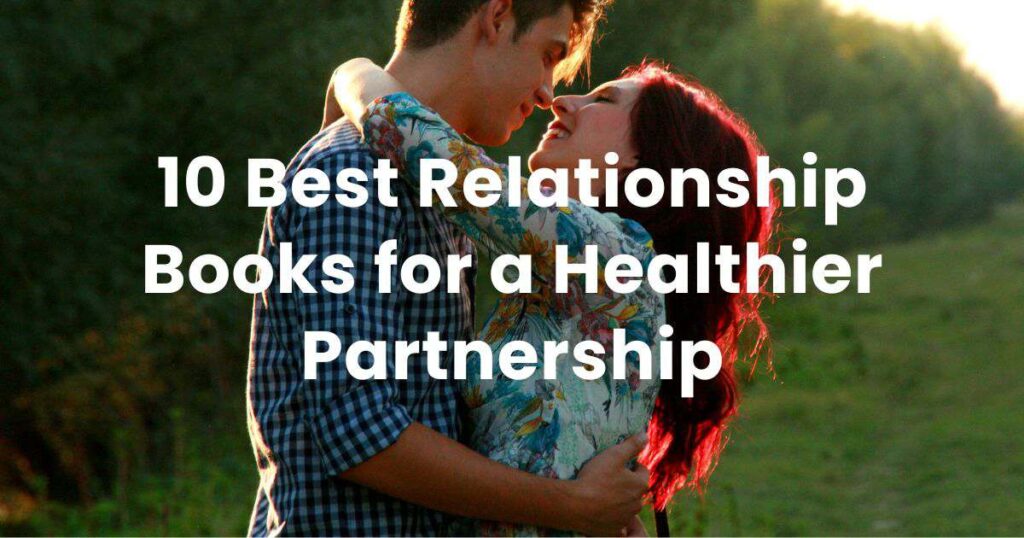
Attached by Amir Levine and Rachel Heller
If you’ve ever been asked, “What’s your attachment style?” find your answer in this book. Though Attached was published in 2012, it’s still one of the most popular books on relationships over a decade later. Reading can clarify your and your partner’s attachment styles—secure, anxious, or avoidant. You’ll learn how understanding adult attachment, a concept introduced by psychologist John Bowlby in the 1950s, can help you find and maintain love. Most importantly, “Attached” teaches you how to navigate relationships by grasping the science behind your attachment style.
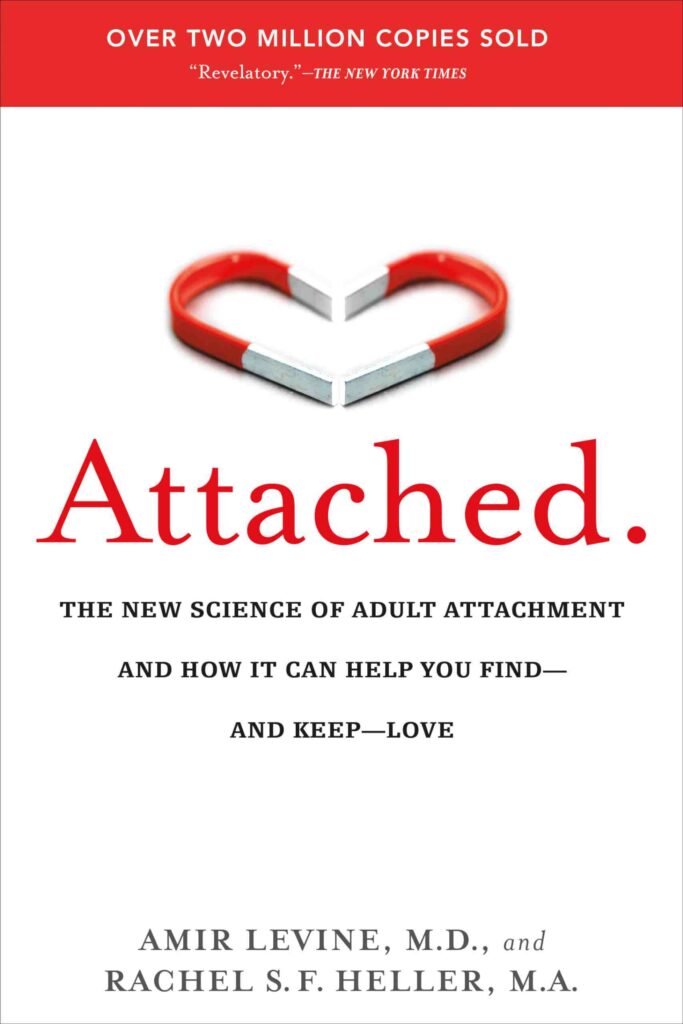
Find Love by Paul Brunson
Modern dating can feel like a minefield, but matchmaker and Tinder relationship expert Paul Brunson is here to help. In “Find Love,” he covers attachment styles, identifies red and green flags, and explores personal and environmental factors that influence relationships. This warm and informative guide offers insights into romance and commitment. For those who believe they’ve found ‘the one,’ Brunson includes a Long-Term Relationship Satisfaction Scale quiz to assess compatibility.
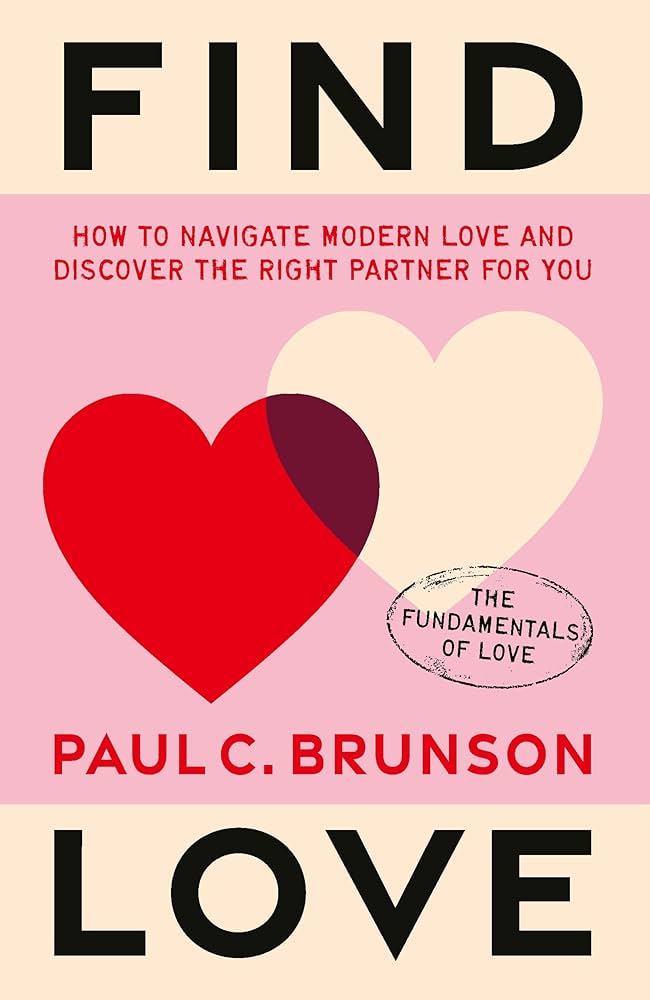
The Psychology of Romantic Love by Nathaniel Branden
The book ‘The Psychology of Romantic Love: Romantic Love in an Anti-Romantic age’ talks to us about the different perspectives about love from different angles.
The book explores how expressions of love have evolved over time and impacted those around us. It offers a historical perspective on love’s transformation, highlighting insights from the author. Nathaniel Branden provides both psychological and philosophical views on romantic love.
A key draw of this book is its ability to restore faith in romantic love, especially in today’s world, where kindness can feel rare and building a life together seems challenging. If you are someone who wishes to get back their faith in romantic love, then this book is for you!
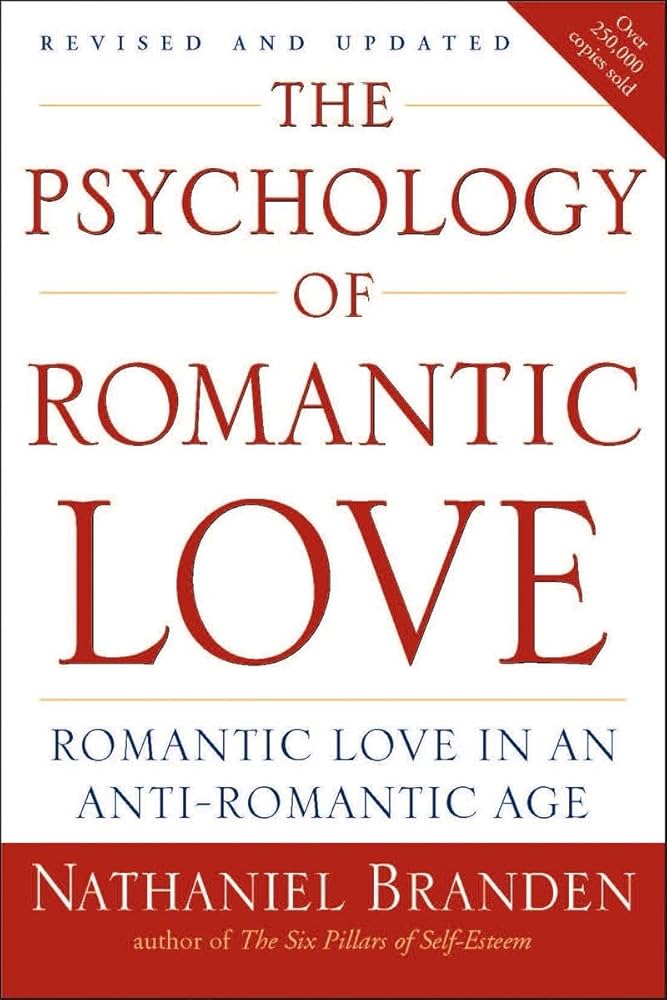
Remember Love by Cleo Wade
Explore how you can find light during periods of lostness. Discover okayness amid change. Uncover strength in letting go. Learn to love yourself after heartbreak in Remember Love, a beautiful collection of prose and poetry. In this book, New York Times bestselling author Cleo Wade emphasizes that the heart work you do for yourself doesn’t aim to avoid tough moments. Instead, she suggests that living involves getting lost. Wade teaches you how to love yourself so you can navigate periods of discomfort. In reading Remember Love, Wade’s intimate, uplifting words serve as an anchor, making you feel less alone.
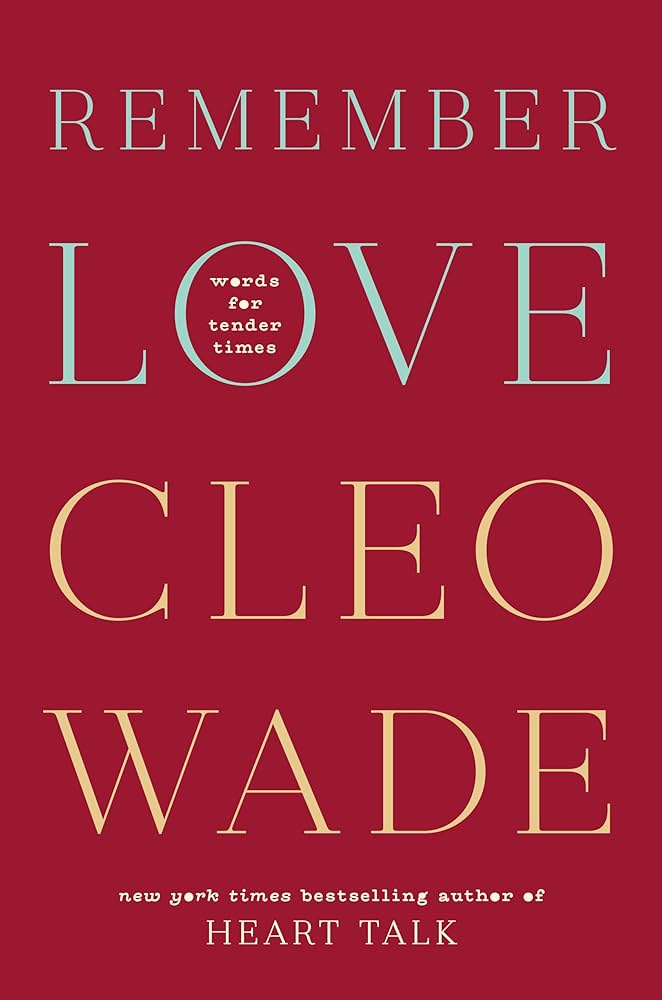
The Five Love Languages by Gary Chapman
This book is the most beautifully written book that helps one understand to maintain relationships better. The author talks about 5 different love languages that will help you to understand your partner and build a healthy relationship with them. Love languages have gained a lot of importance and exposure today compared to earlier times. Today, it is important to love the other person in their love language, the one they’re familiar with. Instead of the love language that you are aware of. The book teaches us that understanding love languages helps foster healthier and deeper relationships.
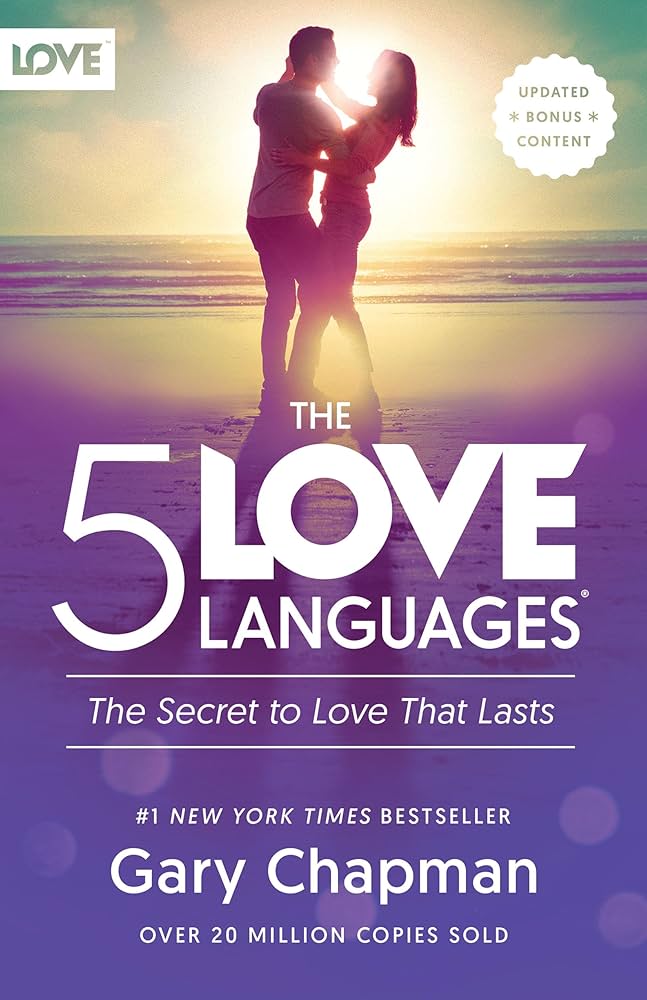
It’s Not You by Ramani Durvasula PhD
If you are or were in a relationship with a narcissist, “It’s Not You” can help you heal. This book teaches you to spot signs of narcissism. It also outlines a healing path forward.
Dr. Ramani draws on over two decades of study. She explains how to become gaslight resistant. You will learn to break trauma bonds. The book guides you in grieving painful relationships. It helps you set realistic boundaries. You will also distinguish unhelpful behaviors from narcissistic ones. Finally, it supports your recovery of self after constant invalidation. Start reading It’s Not You to stop blaming yourself.
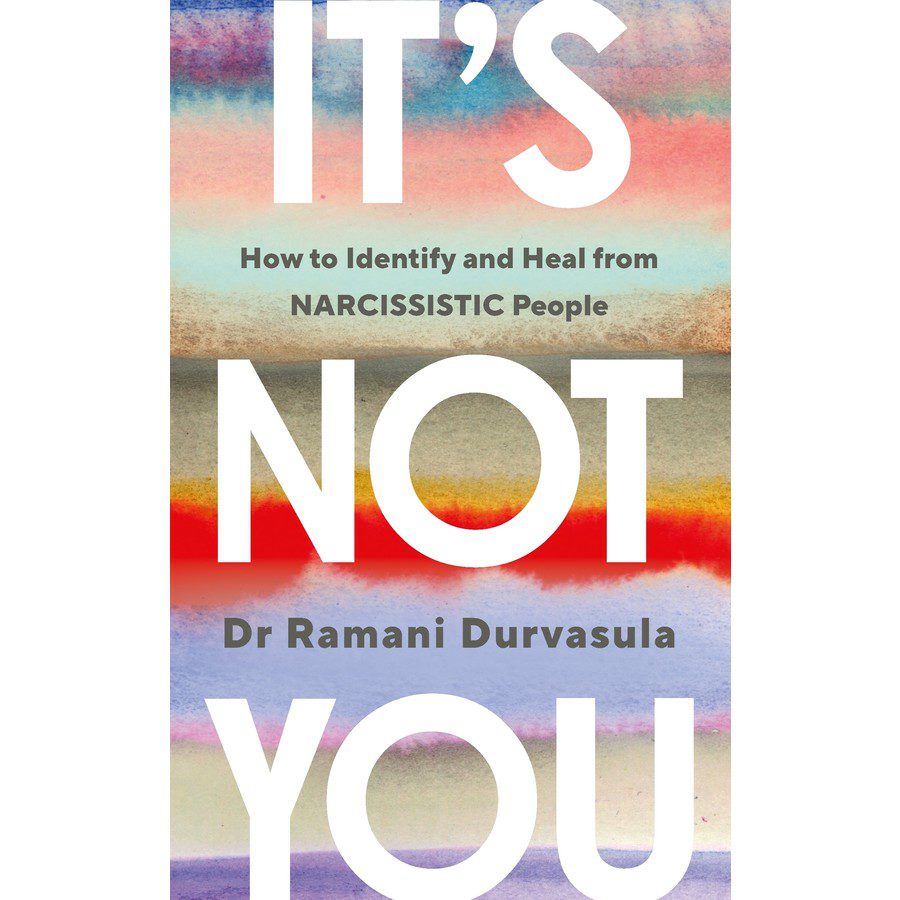
Emotional by Leonard Mlodinow
If you want to foster an emotional connection with someone, you’ve got to understand your own emotions. Leonard Mlodinow debunks decades of belief that controlling our emotions is the key to success. Instead, the author and academic argues that how we feel is just as important as how we think when it comes to success – whether that’s in our careers, homes or love lives.
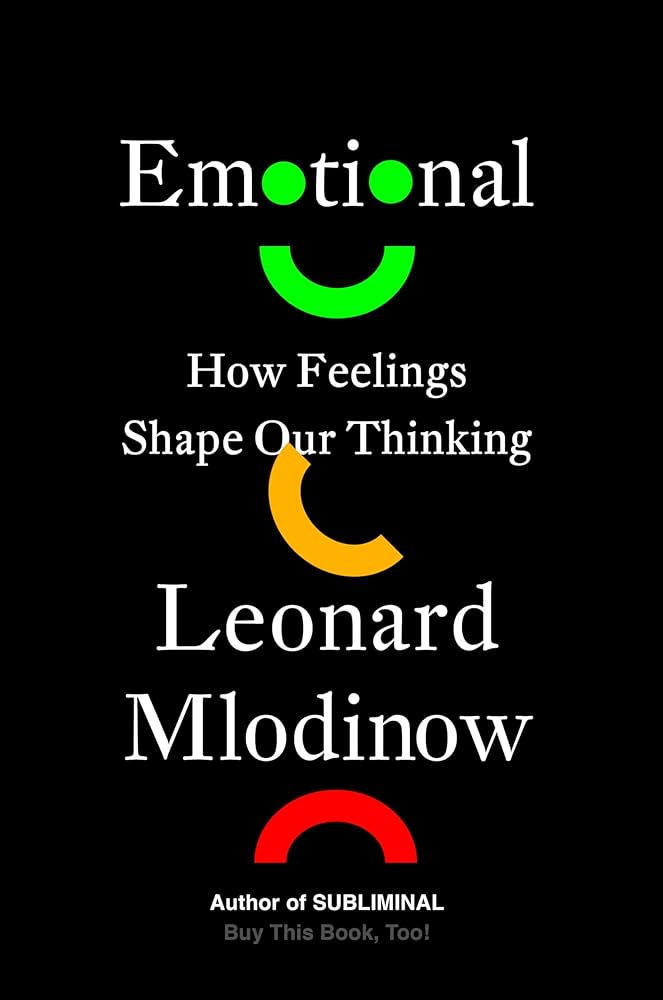
Hold Me Tight by Sue Johnson
Dr. Johnson is a clinical psychologist. She founded Emotionally Focused Couple Therapy. This approach focuses on enhancing emotional connections between partners.
In “Hold Me Tight,” she explores how couples struggle to maintain connection. Jean Fitzpatrick, a psychotherapist, emphasizes this struggle.
The book helps partners recognize their patterns. It teaches them to create fulfilling and loving interactions. Allen Sabey, a clinical assistant professor, praises its insights.
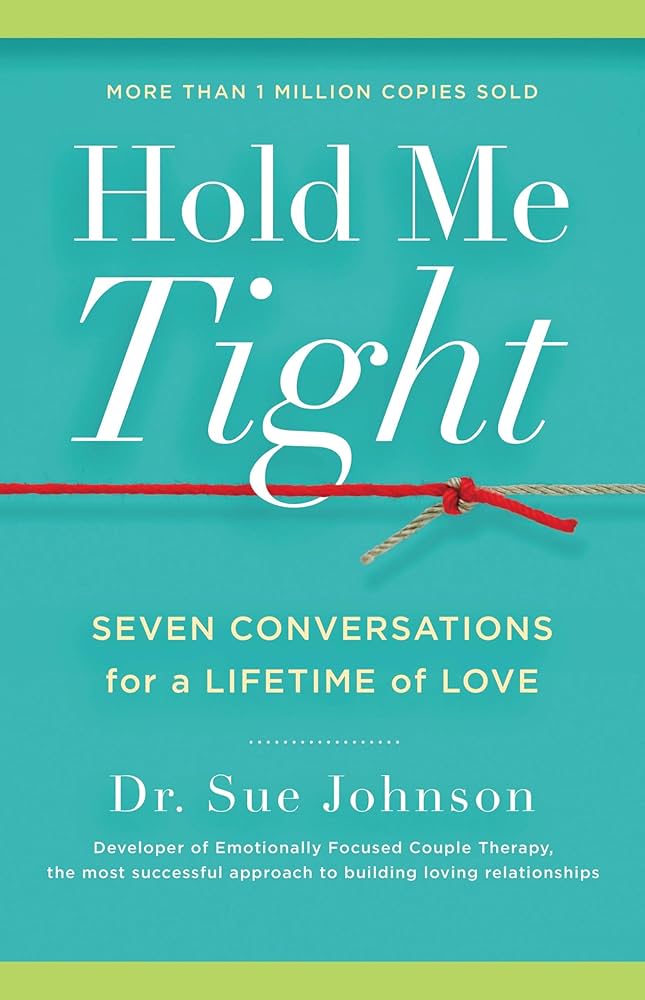
Tiny Beautiful Things by Cheryl Strayed
This is a beautifully written book for someone who the mighty power of life has put down. The author has been an Agony Aunt for many people for many years and continues to provide the most unusual advice on the most usual human problems. The book takes the readers through the bright and dark phases of love and life and shares her experiences with the same. For someone who has been lost and drowned in the ocean of life, this book could be a lifeboat!
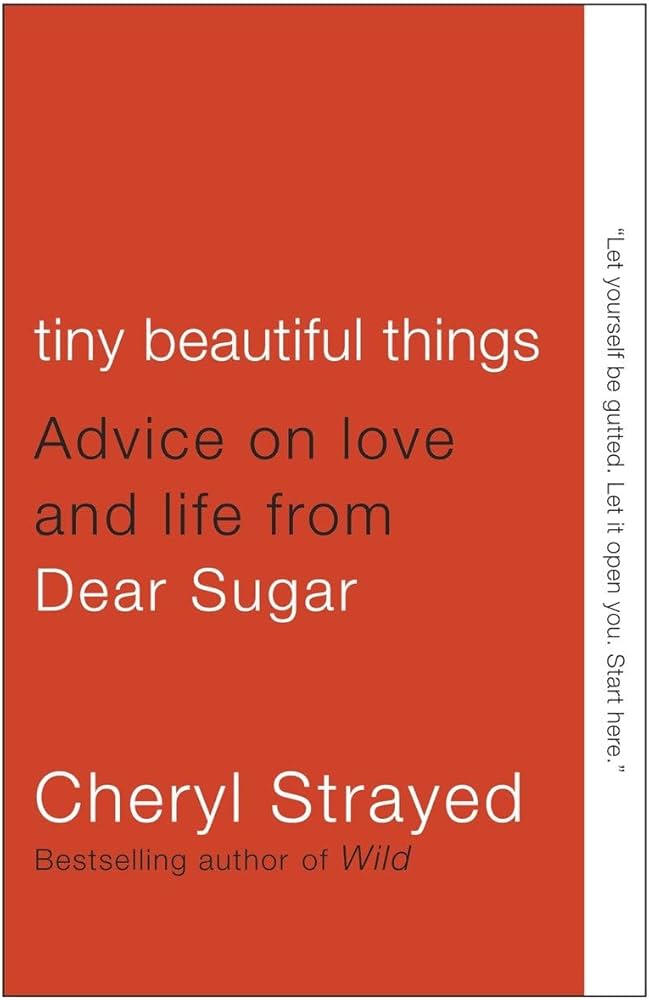
The Joy of Connections by Ruth K. Westheimer
In her final book, Dr. Ruth offers a guide to combating loneliness. She presents 100 ways to increase connectivity right now. These insights come from her life story and career.
Dr. Ruth provides practical and creative strategies for finding friends, community, and intimacy. Her story anchors the book. She reflects on the loneliness of losing her family in the Holocaust.
Dr. Ruth shares her experiences in an orphanage and rebuilding her life in America. She eventually became a world-renowned sex therapist.
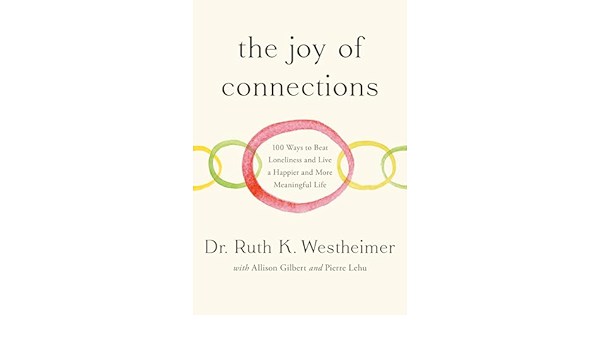
Conclusion
Through this list of best relationship books, you may find the book that can help you foster healthy connections and resolve conflicts more effectively.
Feel free to ask Arvin for specific recommendations based on your interests, summaries of particular books, or tips from these resources that you can apply to your relationships. Arvin is here to assist you in finding the knowledge you need to foster healthy and fulfilling connections!
FAQs
We call this the “five-year fizzle” and it is often driven by common relationship pain points, like a breakdown in trust and communication.
Healthy relationships involve honesty, trust, respect and open communication between partners and they take effort and compromise from both people. There is no imbalance of power. Partners respect each other’s independence, can make their own decisions without fear of retribution or retaliation, and share decisions.
If the other person is reliable and available and doesn’t make you question them, you can start to feel mutual trust and respect. It is also important to feel safe with the person, to be open and honest and to feel like you both have good boundaries when needed.

